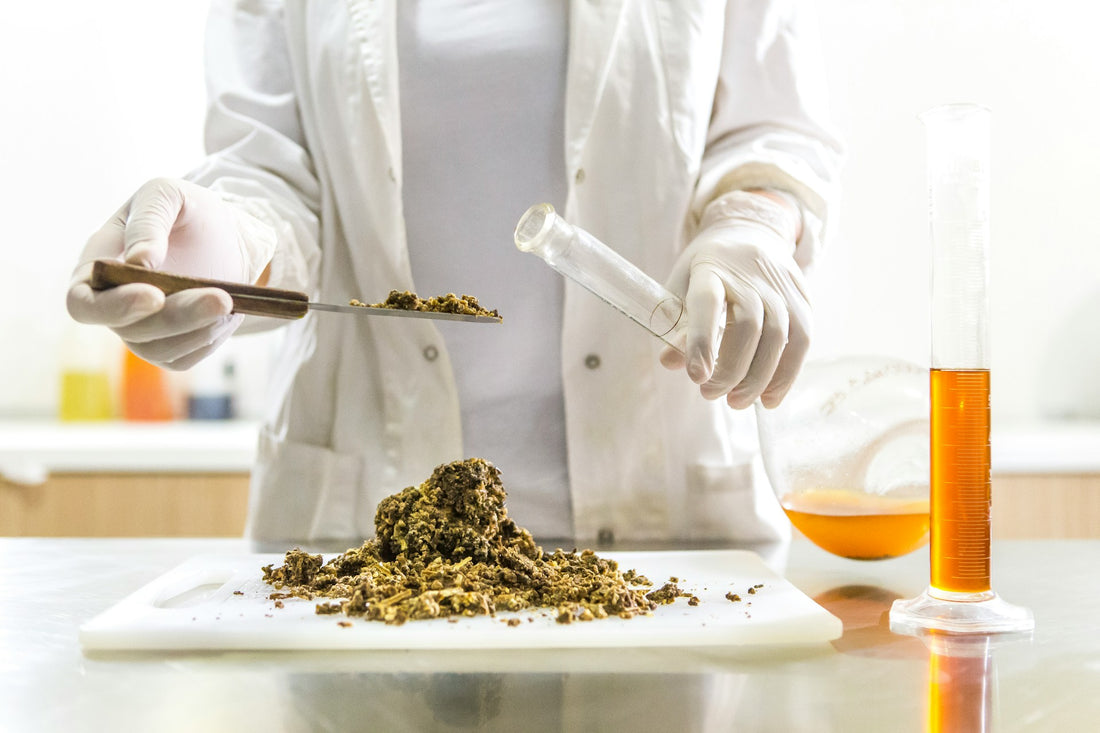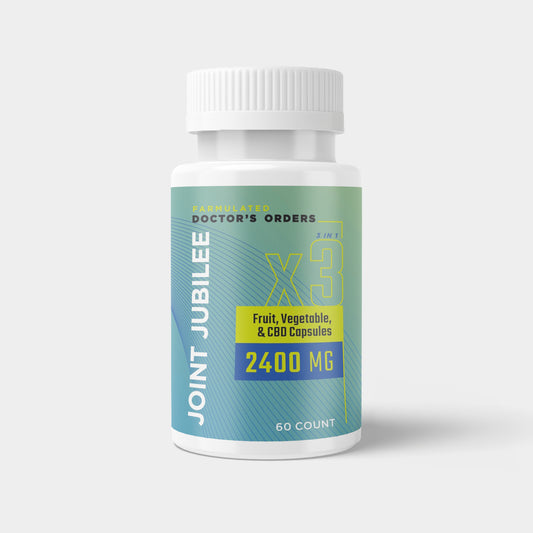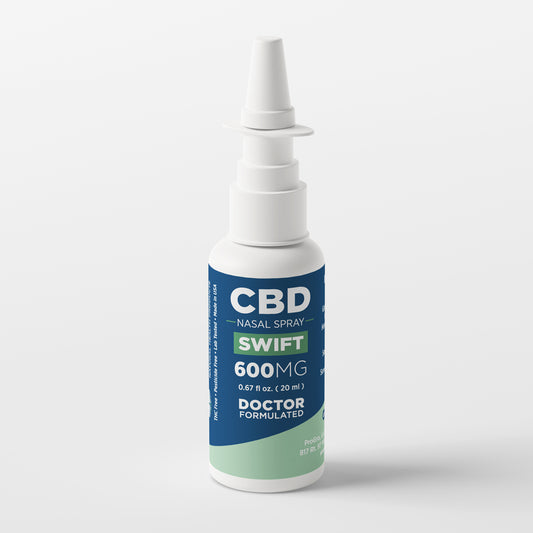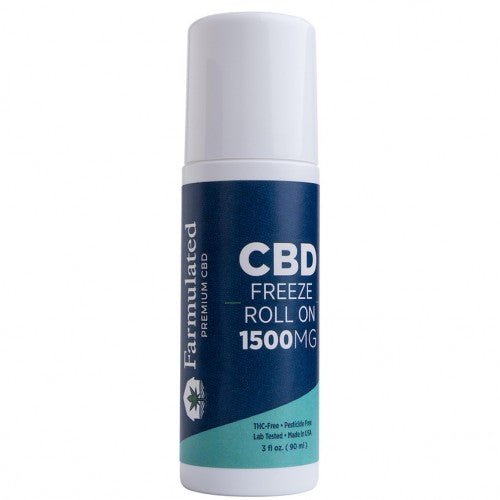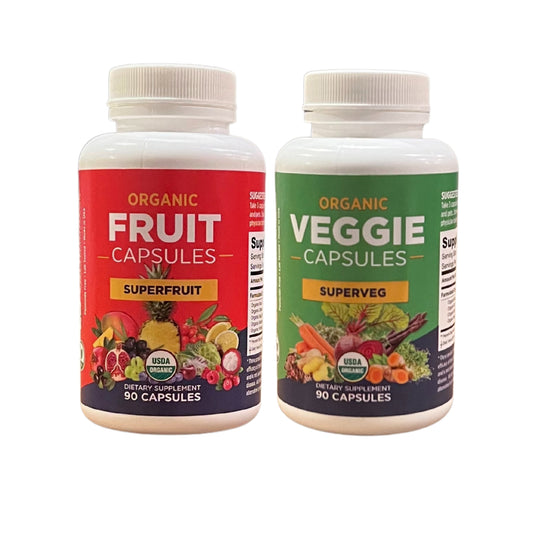The burgeoning CBD industry has introduced a myriad of products, with CBD tinctures and oils at the forefront. Consumers often find themselves puzzled by these terms. Are they the same, or do they offer distinct benefits and uses? This blog post aims to clarify the differences between CBD tinctures and oils, helping you make an informed decision on which product best suits your needs.
Understanding CBD Oil
CBD oil, a prevalent form of cannabinoid delivery systems, is created by extracting CBD from the cannabis plant. This extract is then suspended in a carrier oil like coconut oil, hemp seed oil, or MCT oil. Known for its versatility, CBD oil can be used in various ways, including sublingual administration, topical application, and as an additive in food and beverages.
The Role of Carrier Oils
Carrier oils play a crucial role in CBD oils. They not only dilute the pure CBD extract to make it more manageable but also aid in the body's absorption of CBD. Common carrier oils include coconut oil, known for its medium-chain triglycerides (MCTs), and hemp seed oil, valued for its nutritional profile.
The Nature of CBD Tinctures
CBD tinctures, on the other hand, are alcohol-based extracts. High-proof alcohol is used as a solvent to extract the natural compounds of the cannabis plant, and it's also present in the final product. CBD tinctures are typically found in small bottles with a dropper, designed for precise dosage and convenient consumption.
Alcohol vs. Oil-Based CBD Products
The fundamental difference between CBD tinctures and oils lies in their base: alcohol for tinctures and oil for CBD oils. This difference affects not only the product’s shelf life but also how it is consumed. Tinctures are generally recommended for sublingual use, whereas CBD oils offer more versatility.
Comparing Efficacy and Usage
When it comes to efficacy, both CBD oils and tinctures may be effective for pain and inflammation treatment. The choice between them often comes down to personal preference and the specific use case. For instance, flavored CBD oils might be preferable for those averse to the taste of hemp, while alcohol-based CBD tinctures might be favored for their longer shelf life.
Considerations for Specialized Needs
Certain CBD products, like CBD capsules, provide an alternative for those seeking precise dosing without the taste of CBD. The industry also sees a rising demand for approved nonprescription CBD products, catering to a broader audience seeking the benefits of CBD without the psychoactive effects of THC.
FAQs About CBD Oil vs. Tinctures
Can I cook with CBD oil or tinctures?
Yes, you can cook with CBD oil. Its versatility makes it suitable for incorporating into various recipes. However, it's important to note that high temperatures can degrade the quality of CBD. Therefore, it's best used in no-cook recipes or added after the cooking process. CBD tinctures, due to their alcohol base, might not be ideal for cooking, as the alcohol may alter the taste of the food.
Are CBD oils and tinctures safe for pets?
Some CBD products are specifically formulated for pets. However, it's crucial to consult with a veterinarian before introducing CBD oil or tinctures into your pet's regimen. Products designed for humans might not be suitable for pets, especially those containing flavorings or additives.
How should I store my CBD oil or tincture?
CBD oils and tinctures should be stored in a cool, dark place, away from direct sunlight and heat. This helps maintain their potency and extends their shelf life. Most products are best kept in their original, airtight containers.
Can CBD oils or tinctures cause a positive drug test?
Full-spectrum CBD products, which contain trace amounts of THC, could potentially lead to a positive drug test. If this is a concern, consider using broad-spectrum CBD or isolate products, which are typically free from THC.
How quickly do CBD oils and tinctures take effect?
The onset of effects can vary. Typically, when taken sublingually, CBD tinctures can start to work within 15 to 30 minutes. CBD oils, when ingested, might take longer to feel the effects since they have to go through the digestive system.
Can I use CBD oil or tincture on my skin?
CBD oil can be applied topically and is often used in various skincare products for its potential anti-inflammatory and soothing properties. CBD tinctures however, due to their alcohol content, might be irritating to the skin and are generally not recommended for topical use.
Are there any side effects of using CBD oil or tinctures?
CBD is generally well-tolerated, but some people may experience some mild side effects such as drowsiness, dry mouth, or changes in appetite. It's always advisable to start with a low dose and gradually increase it to see how your body reacts. Additionally, consult with a healthcare professional before using CBD products, especially if you have underlying health conditions or are taking other medications.
Closing Thoughts
While CBD tinctures and oils share similarities in their purpose and cannabinoid content, they differ significantly in their base, application, and consumption methods. Your choice between CBD oil and tincture should align with your personal preferences, lifestyle, and the specific health benefits you're seeking. With an array of options available, from pure CBD oil to flavored varieties, and even different carrier oils like olive oil, the CBD industry caters to a diverse range of needs and preferences. As you navigate the vast array of CBD products, remember that the best choice is one that fits seamlessly into your life and brings you the desired benefits of CBD.

